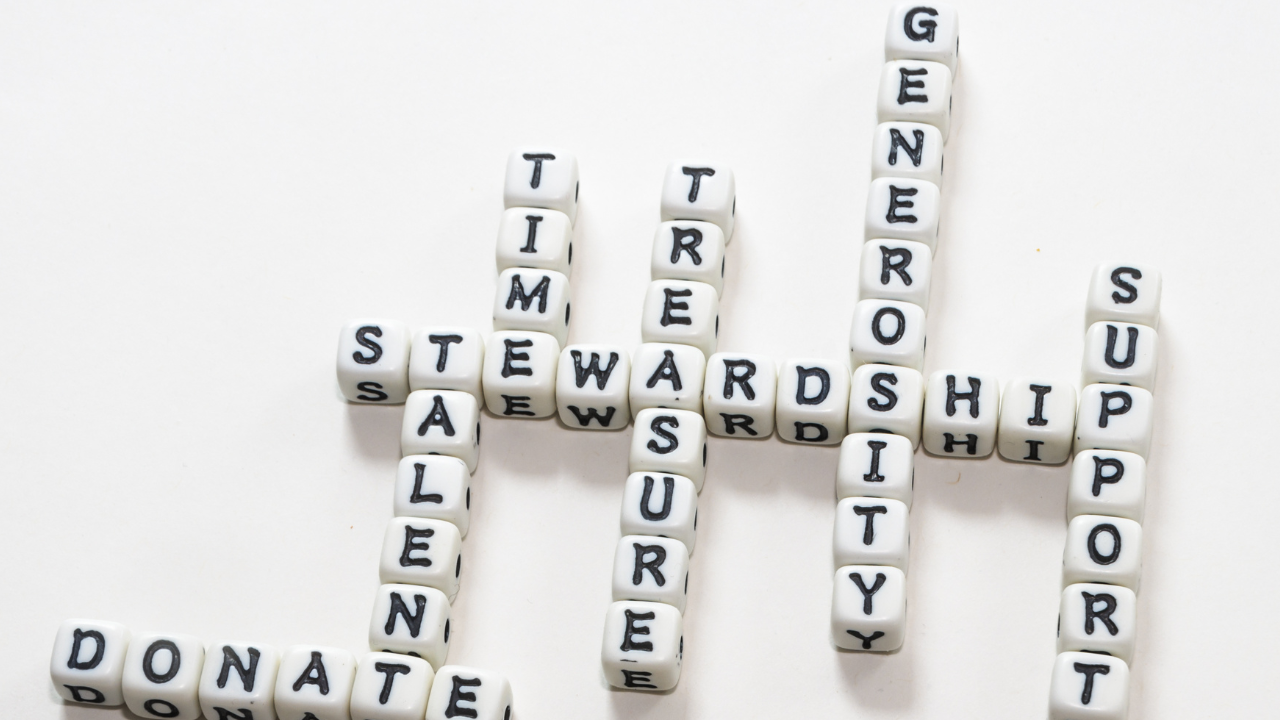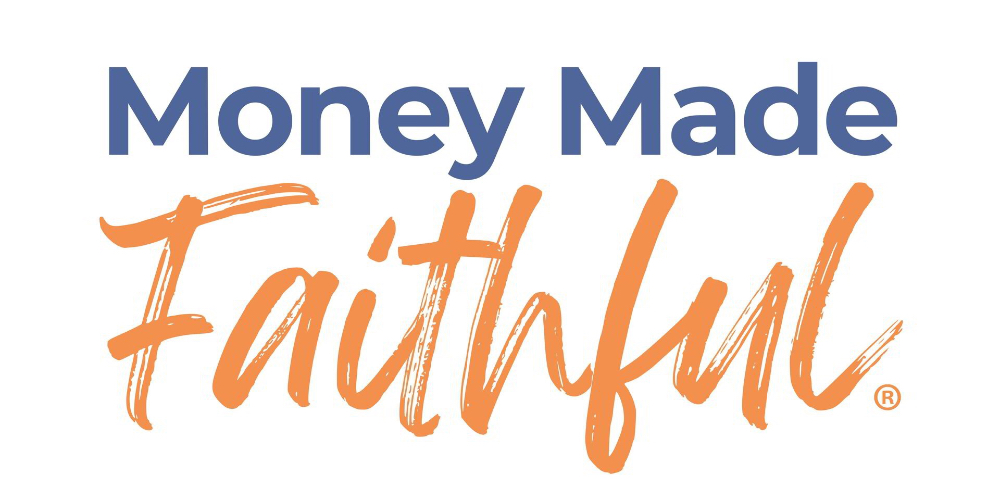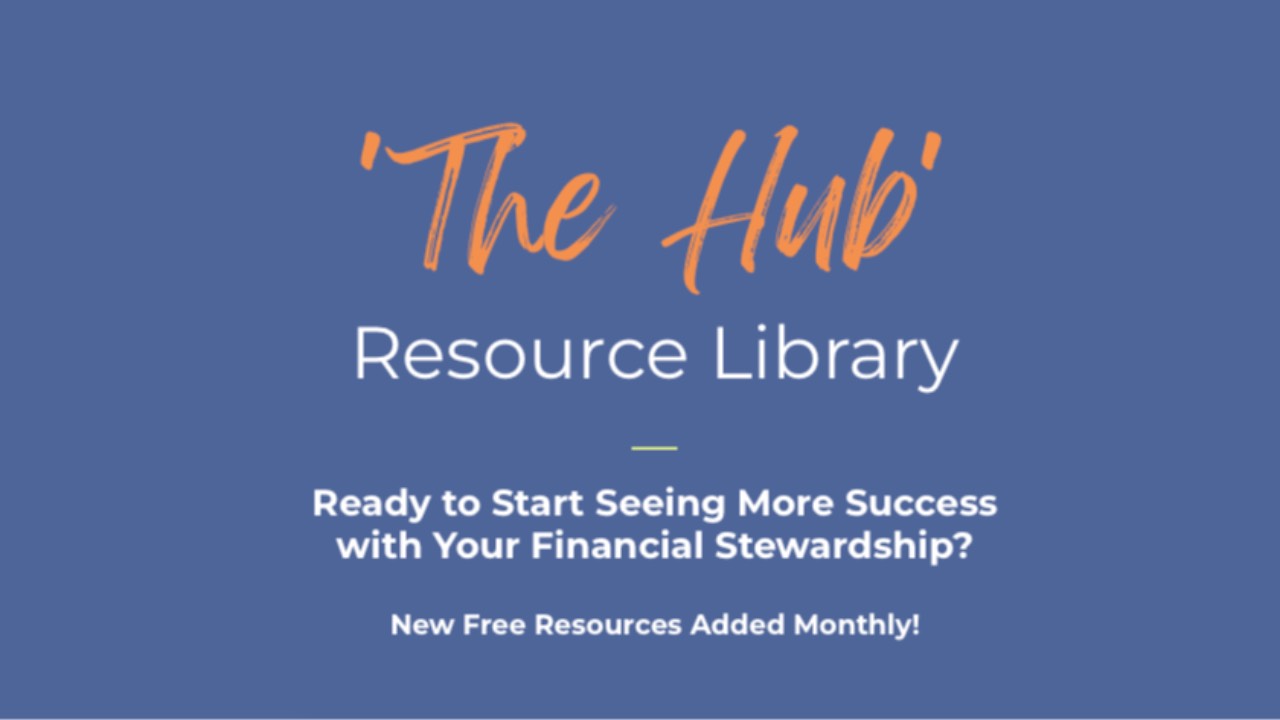Entrusted, Not Owned: 3 Steps to Stewarding What’s Not Yours
Jun 16, 2025
Let’s face it—money is deeply personal.
It affects where we live, how we plan, what we prioritize, and even how we see ourselves. But what if we’ve been looking at it all wrong?
What if money isn’t ours to begin with?
When we start to see money not as a possession to protect, but as a provision entrusted to us by God, it reframes not only our financial decisions but also affects our very sense of purpose. Suddenly, financial goals become opportunities for faithfulness, and budgeting becomes an act of worship.
It’s a powerful shift—the intentional movement from ownership to stewardship. We all wrestle with this tension…and by starting with these three steps, you can begin to capture the power and impact of stewardship thoughts and actions.
Step 1: Change Your Perspective
We’re often taught to think of money as a reward for hard work or a measure of success. But Scripture invites us into a different view: that everything we have, and everything around us, belongs to God. Psalm 24:1 reminds us, “The earth is the Lord’s, and everything in it.” That includes our money.
Think of money not as personal property, but as a resource and tool entrusted to you by God. Like a personal unique opportunity you’ve been given to manage wisely—not for your benefit alone, but for His purposes.
I grew up on a farm and every now and then, we would take a break on a Saturday afternoon and I would get to watch sports with my dad. At the time, it just felt like a chance to rest. But over time, I saw those moments for what they really were: an invitation to rest, a time to connect, a way to spend time with my father. When your perspective shifts, you begin to see purpose in the everyday—and yes...even in your finances. :)
Step 2: Shift Your Belief
When you start believing that money is not yours, your financial choices begin to align with a much larger story.
Beliefs are powerful. They drive our goals, shape our behaviors, and influence our peace. If you believe your money is God’s, then suddenly the question isn’t, “What do I want to do with this?” but “What does God want to do with this, through me?”
This belief transforms ambition into purpose and turns budgeting and other money moments into practical worship. It begins to free you from fear and comparison. When you see yourself as a steward—not an owner—you’re more likely to give generously, live wisely, and plan faithfully.
Step 3: Align Your Actions
Perspective and belief only take you so far. Real stewardship requires action.
In the book of Numbers, Moses crafted a bronze serpent at God’s command. When people looked at it, they were healed. This wasn’t magic—it was obedience. The power wasn’t in the serpent; it was in the act of trusting God and aligning with His instruction.
Likewise, your financial decisions—big or small—can reflect Christ’s character. Whether it’s the way you budget, give, invest, or spend, your choices are opportunities to point to Him.
So today, pause and ask: Are my financial actions aligned with God’s purposes? Am I spending and giving and using my money in a way that reflects His heart? Because when you see money as something you manage on God’s behalf, you won’t just make better choices—you’ll live a better story within God's grater story!
NEXT STEPS: If you want to go a little deeper, please listen to Money Made Faithful podcast Episode #185 titled: 3 Keys to Stewarding What’s Not Yours (14 minutes)
Apple: Episode #185: 3 Keys to Stewarding What’s Not Yours
Spotify: Episode #185: 3 Keys to Stewarding What’s Not Yours


